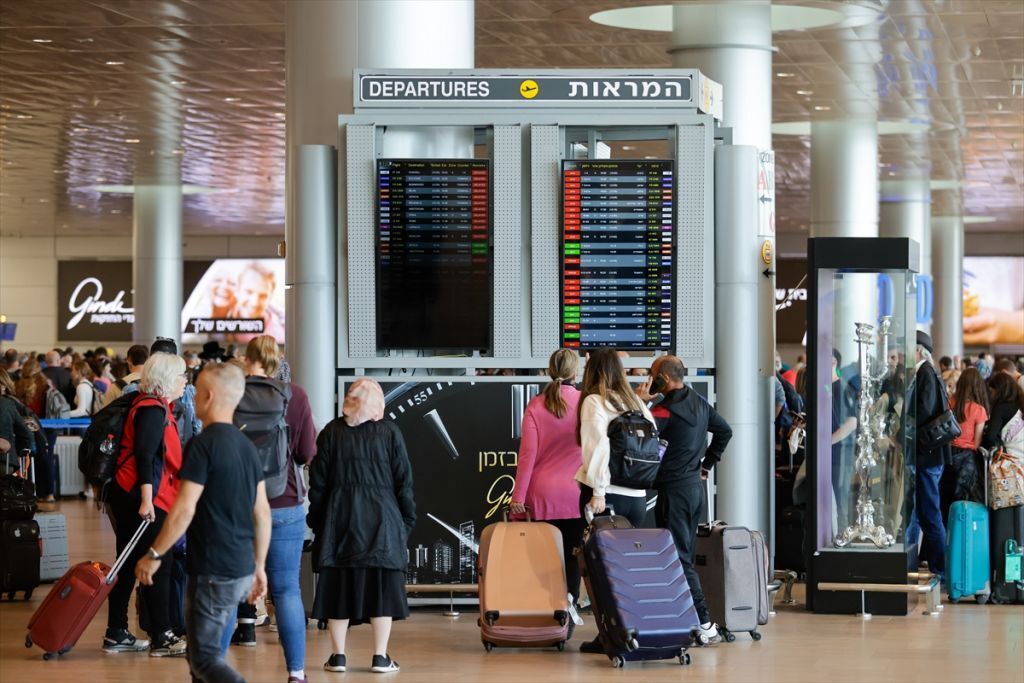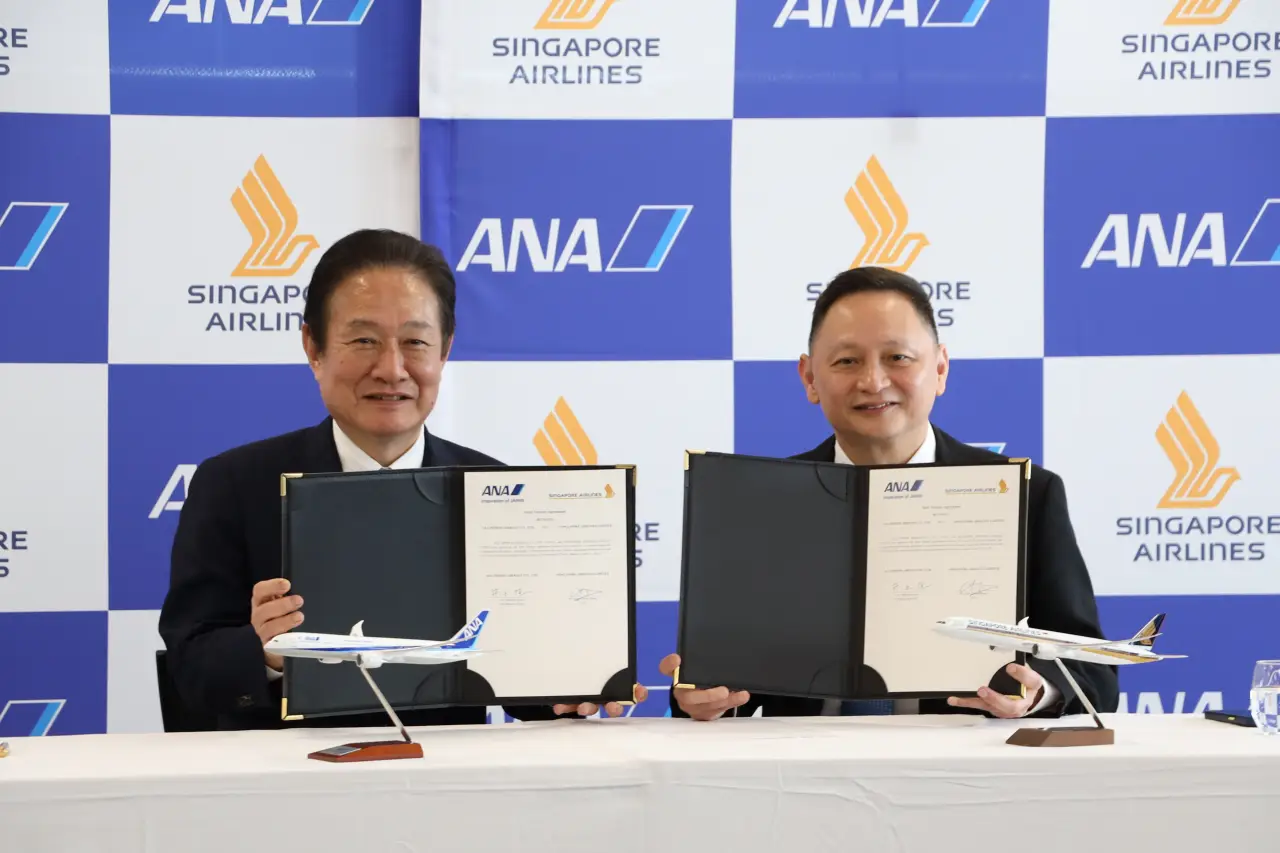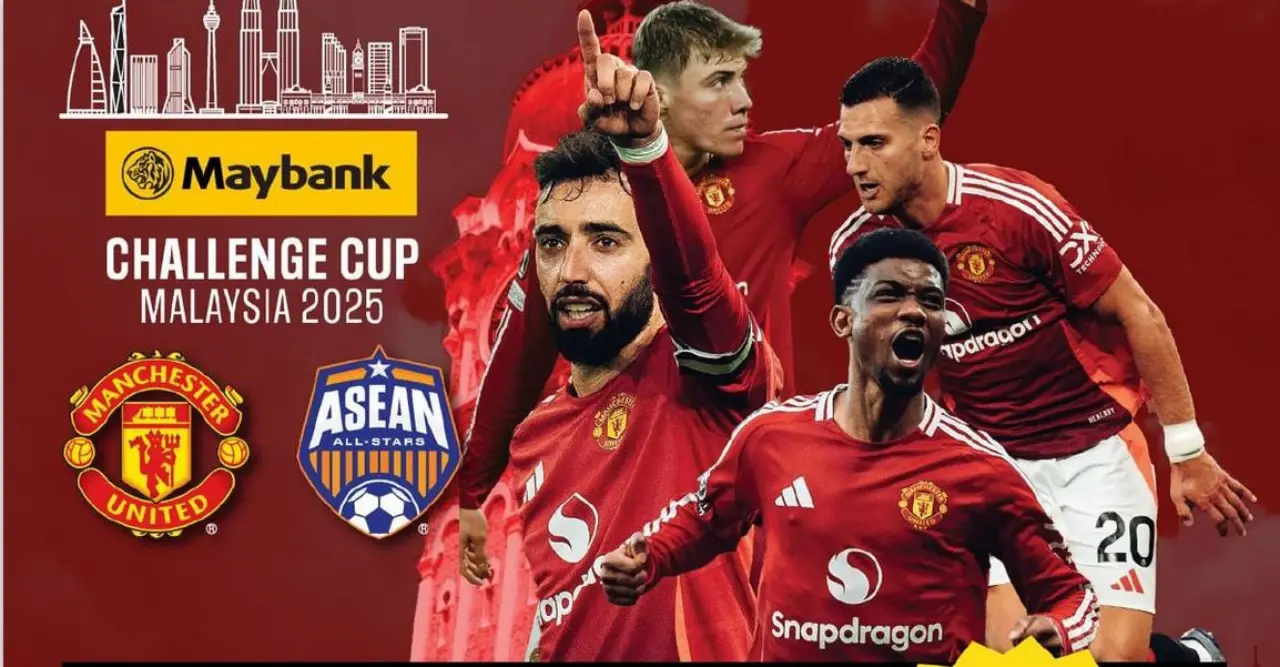As authorities around the world are increasingly clearing business events to run again, organisers of conventions and exhibitions, as well as venue and center operators need to put respective measures in place that create safe environments for participants.
A new global Guide on the matter identifies and promotes globally emerging standards, protocols, and good practices. The “Good Practice Guide: Addressing COVID-19 Requirements for Re-Opening Business Events” is jointly produced by AIPC, the International Association of Convention Centres, ICCA, the global community and knowledge hub for the international association meetings industry, and UFI, the Global Association of the Exhibition Industry.
The third in a series of COVID-19 related guides, it is being shared with the associations’ respective memberships. It supports their work to create conditions and safeguards that will enable the safe re-opening of their activities while observing the needs and expectations of relevant governments and health authorities. The guide complements two earlier publications – Good Practice Guidance to COVID-19 for Convention and Exhibition Centres and Good Practice Guidance for the Use of Centres as Temporary Emergency Facilities – which were produced and distributed in March and April of this year.
“As we move toward the prospect of a responsible re-opening of the industry as a critical vehicle for economic and social recovery, this third Guide is one that is of crucial importance to creating the required confidence amongst clients, delegates and governments that we have identified all the requirements needed to support a safe and heathy environment for re-engagement” said AIPC President Aloysius Arlando. “At the same time we recognize that because such decisions will necessarily be made by local authorities who hold the decision-making power, the best approach is to provide a framework and resources required by centres to create their own documentation rather than pretending that any one standard can serve everyone under what may be very different circumstances in different parts of the world.”
“International meetings and events are organised gatherings of professionals with specific, known and controlled attendee participation and need to be considered this way by global authorities, as opposed to other mass gatherings such as festivals and sporting events. It is our challenge to convince local governments, associations and event attendees that our venues can be highly-controlled and safe environments. By sharing information and best practices between our global industry association-partners, we hope we will be contributing to a more integrated approach, so that the international meetings industry can play its crucial role in economic and social recovery sooner rather than later,” said ICCA President James Rees.
“Based on the ‘UFI Global Framework for reopening exhibitions and B2B trade events’, this joint Guide shows how our industry will move forward”, said UFI President Mary Larkin. “Sharing information and best practices on how to reopen the doors to events, from venues to organisers, is key in ensuring the strong future of the industry. Pre-competitive collaboration is the only way we, as an industry, can host events that are safe for our customers, vendors and employees, and deliver the top marketing tool that will be critical in the post-pandemic economic recovery.“
As with previous Guides, this latest publication has been created as a collaborative project amongst different parts of the overall industry. It has been developed through the direct, practical experiences and expertise of members that are dealing with the impacts on a day-to day basis, and the three association Presidents acknowledged this invaluable contribution to the relevance of the content.
Following distribution, the partner associations will be scheduling an online event to facilitate the implementation of the guidance provided in this publication and to assist members in interpreting its content into local actions.













